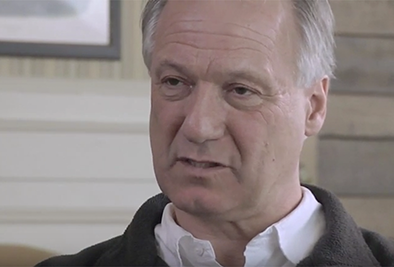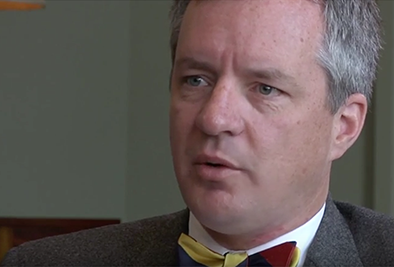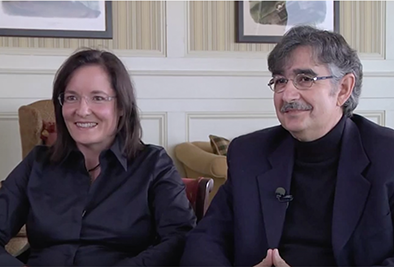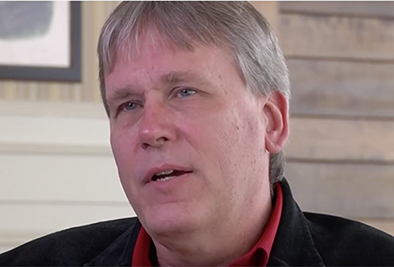Perry G. Mehrling is professor of economics at Pardee School of Global Studies at Boston University. He was professor of economics at Barnard College in New York City for 30 years. There, he taught courses on the economics of money and banking, the history of money and finance, and the financial dimensions of the U.S. retirement, health, and education systems. His most recent book is The New Lombard Street: How the Fed became the dealer of last resort (Princeton 2011). His best-known book Fischer Black and the Revolutionary Idea of Finance (Wiley 2005, 2012) has recently been released in a revised paperback edition. Currently, Prof. Mehrling directs the educational initiatives of the Institute for New Economic Thinking, one of which is his course Economics of Money and Banking, available on Coursera at www.coursera.org/course/money.
Perry G. Mehrling
By this expert
The Clash of Economic Ideas: A Review
When Paul Krugman paints John Maynard Keynes as a pioneering critic of dominant free-market economics, he exaggerates wildly, both about the rigidity of orthodoxy and about the pioneering character of Keynes’ critique.
Mehrling on Soros
The text below is the comment I offered on Mr. Soros’ opening speech at INET’s Berlin Conference April 12, 2012. The text of Mr. Soros’ own speech is here. Video of the entire session is below—my bit starts at 55:00.
World Without Money Reconsidered
FT Alphaville has picked up on my friend James Sweeney’s latest, and since James cites the latest writings by other friends Zoltan Pozsar, Manmohan Singh, as well as my own most recent, the piece reads like a discussant’s comments on a shadow banking symposium.
Renminbi Swap Lines
Last week the central banks of China and Australia announced the creation of a $31bn currency swap line
Featuring this expert
How Government Helps, and Wall Street Hurts, the Innovative Enterprise

Innovation drives economic growth and welfare, and the industrial corporation drives innovation, says William Lazonick. But just how do corporations innovate?
The Coase Theorem As Fiction

When externalities are present and transaction costs are absent, private parties will strike welfare-enhancing deals regardless of who owns what. In a frictionless world, bargaining leads to efficiency. That is the essence of the Coase Theorem, and it is fiction, according to Steven Medema.
Financial Fragility in a Network of Trade Credit

The physicist Sorin Solomon begins to feel dizzy when the economist Leanne Ussher talks econ lingo. Yet he listens, because the two of them have found a productive area of collaboration: some economic phenomena, they find, can be explained without recourse to the quirks that feed into human decision making.
Why Is There a Nobel Memorial Prize in Economics?

The Nobel Memorial Prize defines high achievement in economics, and it validates the discipline’s claim for scientific authority. And yet, historically, it can be understood as a reflection of domestic policy conflicts in Sweden.
